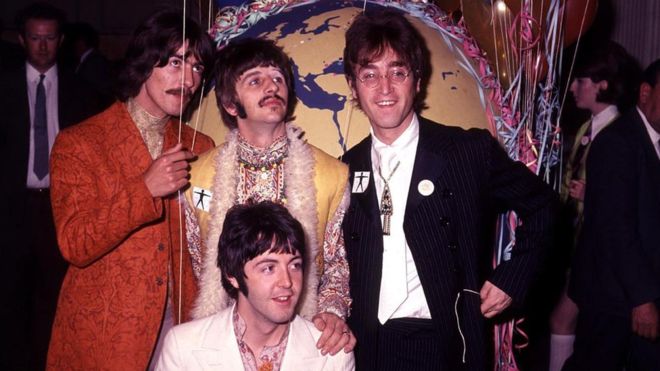Pop records set a bad example by portraying ageing and old people in a negative light, focusing on dying and physical decline, according to a study in a nursing journal.
UK researchers trawled the musical archives from the 1930s to the present day for any tracks mentioning old age, according to BBC.
The majority – 55 out of 76 songs – focused on “bad” aspects of ageing.
The Beatles and Elton John feature on the “negative list”, along with Pulp and The Who.
Meanwhile, Bob Dylan, John Lennon and Dusty Springfield were commended by the researchers for penning positive lyrics in their respective songs Forever Young, Borrowed Time and Goin’ Back.
Lead researcher Jacinta Kelly, senior lecturer in nursing at Anglia Ruskin University whose work is published in the Journal of Advanced Nursing, says popular music is a powerful tool that can influence behaviour and attitudes, and it should be used responsibly.
“For example, The Beatles’ When I’m Sixty Four, is generally thought of as an upbeat tune that is quite light-hearted.
“But the lyrics ‘when I get older, losing my hair, many years from now, will you still be sending me a valentine, birthday greeting, bottle of wine’ are actually questioning whether someone who is old is still loveable, and that’s concerning.”
Likewise, The Who’s My Generation song has lyrics saying “I hope I die before I get old”, while Pulp’s Help The Aged track asks the listener to give the aged hope and comfort “cos they’re running out of time”.
But Dusty Springfield sings that “growing old is no sin” and John Lennon’s song declares “now I am older, ah hah, the future is brighter”.
H.Z

